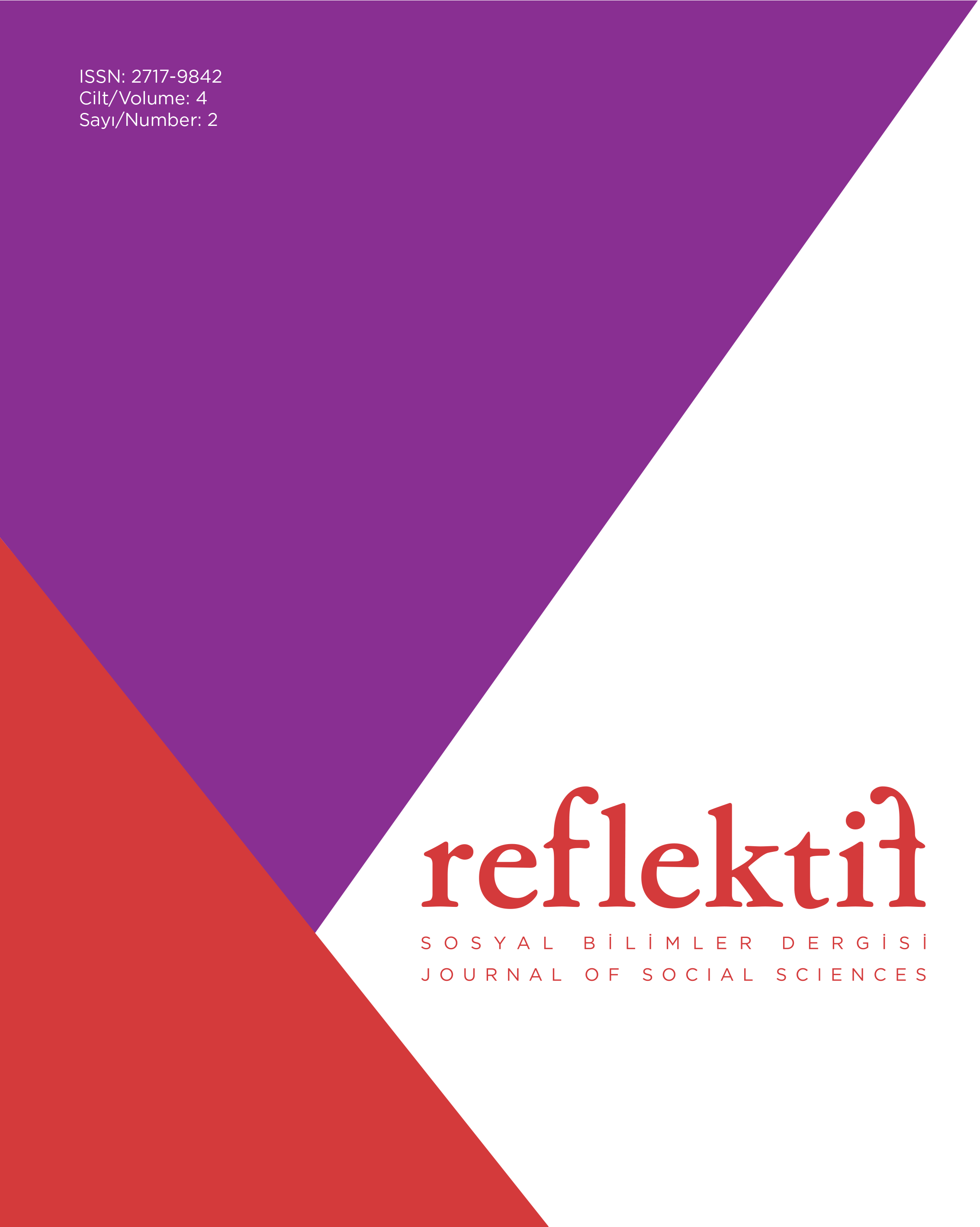Poverty, Deprivation and Social Exclusion of Workers in Turkey
DOI:
https://doi.org/10.47613/reflektif.2023.106Keywords:
working poor, in-work poverty, social exclusion, deprivation, TurkeyAbstract
While employment is the most effective way to get out of and fight against poverty, it is insufficient in fulfilling this function for certain workers in Turkey and around the world. In 2021, 12 percent of the workers in Turkey are in poverty, 18.9 percent are at risk of social exclusion and poverty, and 22.9 percent are in material and social deprivation. Turkey is one of the countries with the highest rates of poverty, social exclusion, and deprivation of workers among European countries. Various factors such as income level, household structure, household work intensity, and household access to social transfers can be specified as determinants of working poverty. On the other hand, working poverty data are far from providing sufficient information about the working and living conditions of workers. At the same time, workers who are exposed to the risks of poverty, social exclusion, and deprivation constitute a complex and heterogeneous group. Several policies to protect workers and their families from such risks need to be implemented in an appropriate combination. These policies, (i) increasing household incomes, primarily the minimum wage, (ii) improving the work intensity of households by increasing the paid employment of women in particular, (iii) implementing family and child programs of appropriate quality and scope in the social security system, (iv) supporting the centralization of the collective bargaining system and expanding the coverage of workers benefiting from collective agreements and (v) eliminating obstacles to the organization of trade unions can be given as examples.
Downloads
Published
How to Cite
Issue
Section
License
Copyright (c) 2023 Recep Kapar

This work is licensed under a Creative Commons Attribution-ShareAlike 4.0 International License.
All manuscripts which are submitted to the REFLEKTIF Journal of Social Sciences should not be published, accepted and submitted for publication elsewhere.
In case an article is accepted for publication it is allowed to combine the article with other researches, to conduct a new research on the article or to make different arrangements on condition that the same license is used including the commercial purpose.
As an author of an article published in REFLEKTIF Journal of Social Sciences you retain the copyright of your article and you are free to reproduce and disseminate your work.




